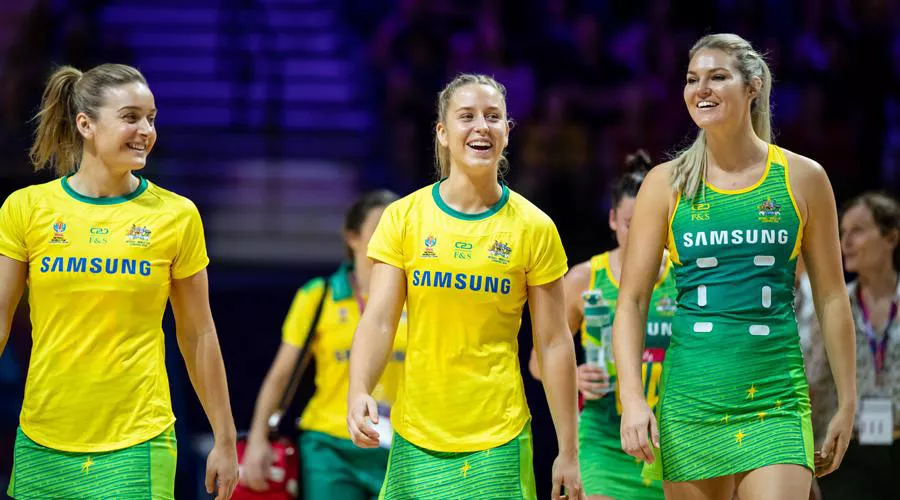As part of the review, a series of thorough focus groups were conducted consisting of current elite players, recently-retired elite players, high performance system representatives (coaches, managers and staff), athlete parents and partners, state-based organisations and Suncorp Super Netball clubs.
The review found that netball is a pioneer in athlete wellbeing and engagement, having driven positive change within the sport’s stakeholders over an extended period, but that an opportunity exists for an enhanced holistic and collaborative approach to all aspects of wellbeing – mental, physical and emotional wellbeing.
Recommendations coming out of the review were tabled at the recent Netball Australia Board meeting and will form the basis of a strategy to be implemented over the next 12-18 months designed to improve the sport’s approach towards wellbeing.
Responding to the key priorities within the recommendations, Netball Australia will appoint an inaugural National Wellbeing Manager dedicated to improving the sport’s support towards wellbeing and mental health for current and past players.
It is anticipated that the National Wellbeing Manager will be in place by early 2020 and will have responsibility for leading the national wellbeing framework and its availability to athletes in Suncorp Super Netball, the Samsung Australian Diamonds program and Netball Australia’s athlete pathway (from under 17 onwards).
The recommendations also include the establishment of a Transition and Hardship Fund to better support athletes as they transition to life beyond sport, and a National Mental Health Support Fund to ensure all athletes have access to trained clinical psychology services.
Netball Australia CEO Marne Fechner said netball had come a long way in the wellbeing space, however there is always more that can be done.
“In partnership with the league and the eight Suncorp Super Netball clubs, the athletes within our elite programs are in our care and its vitally important that we have an environment that supports and promotes wellbeing and positive mental health,” she said.
“The evolving professionalism of our sport has our athletes playing more netball than ever before, both domestically and internationally. We will continue to work with our key stakeholders to guide future wellbeing practices that will support our athletes to thrive on and off the court.
“Netball has led the way in relation to our athlete’s workplace terms and conditions, setting the benchmark for female sport. We will always strive, within our means, to provide the best possible opportunities for our athletes to lead a balanced and positive life, during their career and in retirement.”
The implementation of these recommendations over time will be supported by the Morrison Government $30 million commitment to netball that was made in May this year.
The AIS’s Athlete Wellbeing and Engagement team partners with national sporting organisations to create cultures that support individuals who are involved in high performance programs and to ensure athletes are supported and able to gain life skills and speak positively about their time in netball.
It is expected that this program will also extend into the Member Organisations including Netball ACT.
